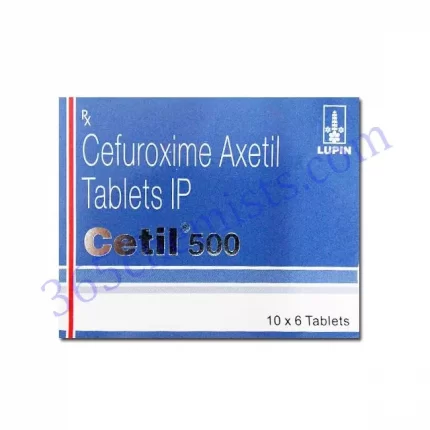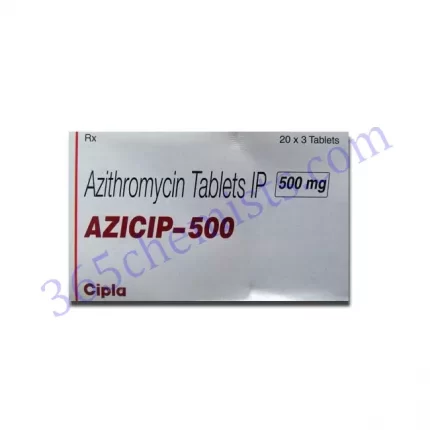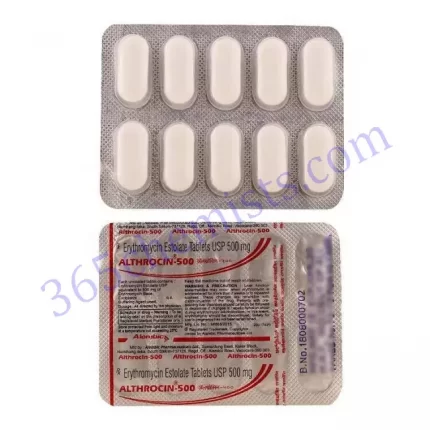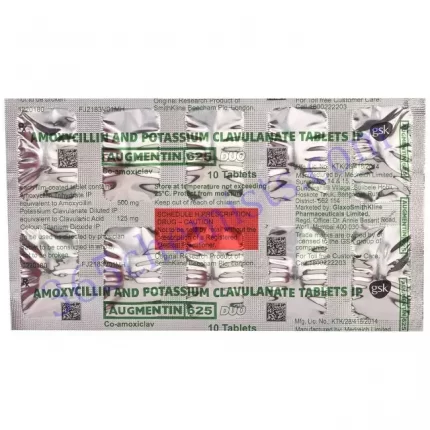Clavam 1.2gm Injection: A Powerful Antibiotic for Serious Infections
Amoxicillin and clavulanic acid are the active ingredients in the powerful antibiotic medication known as Clavam 1.2gm Injection. It is given intravenously to patients who have severe bacterial infections and for whom oral administration would not be appropriate or feasible. Amoxicillin, a broad-spectrum antibiotic, is combined in the drug Clavam with clavulanic acid, which boosts the antibiotic’s effectiveness against specific bacteria. Clavam is a combination medication that is used to treat bacterial infections.
Mechanism of Action
Clavam’s primary active ingredient, amoxicillin, is an antibiotic that is classified as a member of the penicillin family. It accomplishes this by preventing the formation of bacterial cell walls, which in turn causes a disruption in the growth and multiplication of bacteria. Clavulanic acid is a beta-lactamase inhibitor that prevents amoxicillin from being broken down by bacterial enzymes that are normally responsible for this process. Amoxicillin is able to maintain its effectiveness against a wider variety of bacteria as a result of this, including bacteria that produce beta-lactamase enzymes.
Indications and Usage
Clavam 1.2gm Injection is recommended as a treatment option for severe bacterial infections that are caused by organisms that are susceptible to the medication. Infections of the respiratory tract, urinary tract, skin and soft tissue, and intra-abdominal infections are the most common indications for its application. It is also possible to use Clavam in conjunction with other medications in order to treat infections that are more difficult to treat.
Dosage and Administration
The recommended daily dose of Clavam is 1.2 gm Injection is something that should be decided by a medical professional taking into account the severity of the infection, the patient’s weight, and any other relevant individual factors. It is given intravenously, and the typical administration time ranges from half an hour to two hours, depending on the protocol that is being followed. In order to maintain the highest level of cleanliness and safety, the injection needs to be administered in a clinical setting by a qualified medical professional.
Dosage
Clavam 625 Tablet
Clavam 375 Tablet
Clavam DT Tablet
Clavam Drops
Clavam 1.2gm Injection
Clavam 300mg Injection
Contraindications and Precautions
Clavam 1.2gm In patients who have demonstrated an extreme sensitivity to penicillins, cephalosporins, or any of the other components of the medication, intravenous administration is not recommended. Patients who have a previous history of adverse reactions to antibiotics require special attention when using this medication. Informing the healthcare professional about any known allergies, medical conditions, or medications that are being taken prior to administration is extremely important. This includes informing the healthcare professional about any prior antibiotic use.
Possible Side Effects
Clavam 1.2gm Some people may experience particular adverse effects as a result of receiving injections. Some people may experience gastrointestinal side effects such as nausea, vomiting, diarrhoea, or abdominal pain as a common adverse reaction. Even though they are uncommon, allergic reactions can manifest themselves in a variety of ways, including rashes on the skin, itching, or difficulty breathing. In the event that any adverse effects are severe or continue for an extended period of time, immediate medical attention should be sought.
Important Considerations
In order to achieve the best possible results from treatment with Clavam 1.2gm Injection, it is essential to adhere to the recommended dosage and finish the entire course of medication exactly as directed by a qualified medical professional. If you skip doses of your medication or stop taking it too soon, it is possible that your treatment will not be completed, which may allow bacterial infections to continue. It is recommended to perform routine monitoring of liver and kidney function, especially in patients who have already been diagnosed with liver or kidney disease.
Conclusion
Antibiotic medication of the calibre of Clavam 1.2gm Injection, which contains both amoxicillin and clavulanic acid, is administered to patients suffering from severe bacterial infections. Because of its combination formulation, it is more effective against a wider variety of bacteria, making it appropriate for the treatment of serious infections. It is essential for successful outcomes to have the medication correctly administered by a trained medical professional, as well as to strictly adhere to the recommended dosage and length of treatment. Any worries or inquiries regarding the treatment ought to be directed towards the healthcare professional for the purpose of receiving the appropriate direction and assistance.












